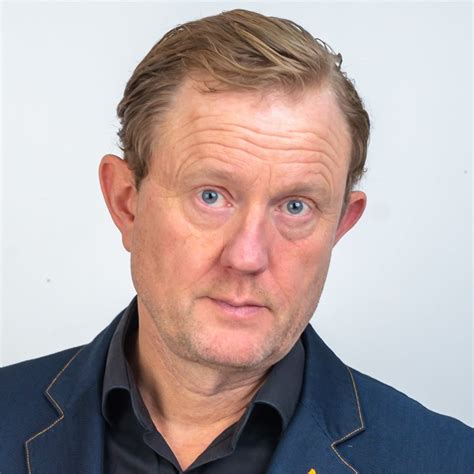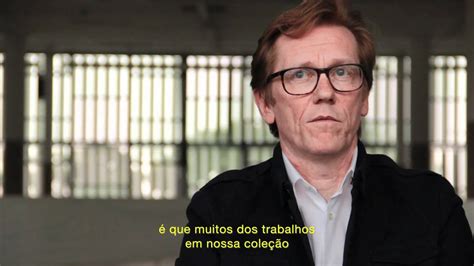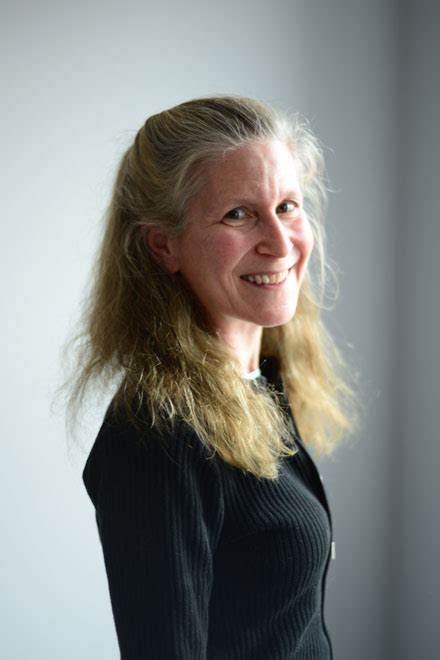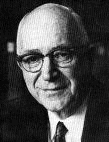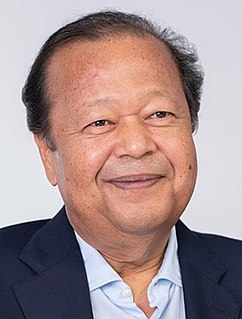A Quote by Doug Berry
The great minds approaching understanding will admit they continually gain more questions and less answers.
Quote Topics
Related Quotes
There's a shift of these young artists who have been brought up, educated, with these media around them. If you have a question, if you have a doubt, you go to the Internet, for example. And you will get thousands of answers to your questions. All of this will proliferate more kinds of questions and more kinds of answers.
In order to align your life choices with your values, you will need to inquire about the effects of your actions (and inactions) on yourself and others. Although we are always stumbling upon new knowledge that shifts our choices and life direction, bringing conscious inquiry to life means that we continually ask questions that lead us to the information we need to make thoughtful decisions. Asking questions is liberating because we develop great understanding and discover more choices with our new knowledge
The game was that of continually inventing a possible world, or a piece of a possible world, and then of comparing it with the real world... a race without end... What mattered more than the answers were the questions... For me, this world of questions and the provisional, this chase after an answer that was always put off to the next day, all that was euphoric. I lived in the future... I had turned my anxiety into my profession.
